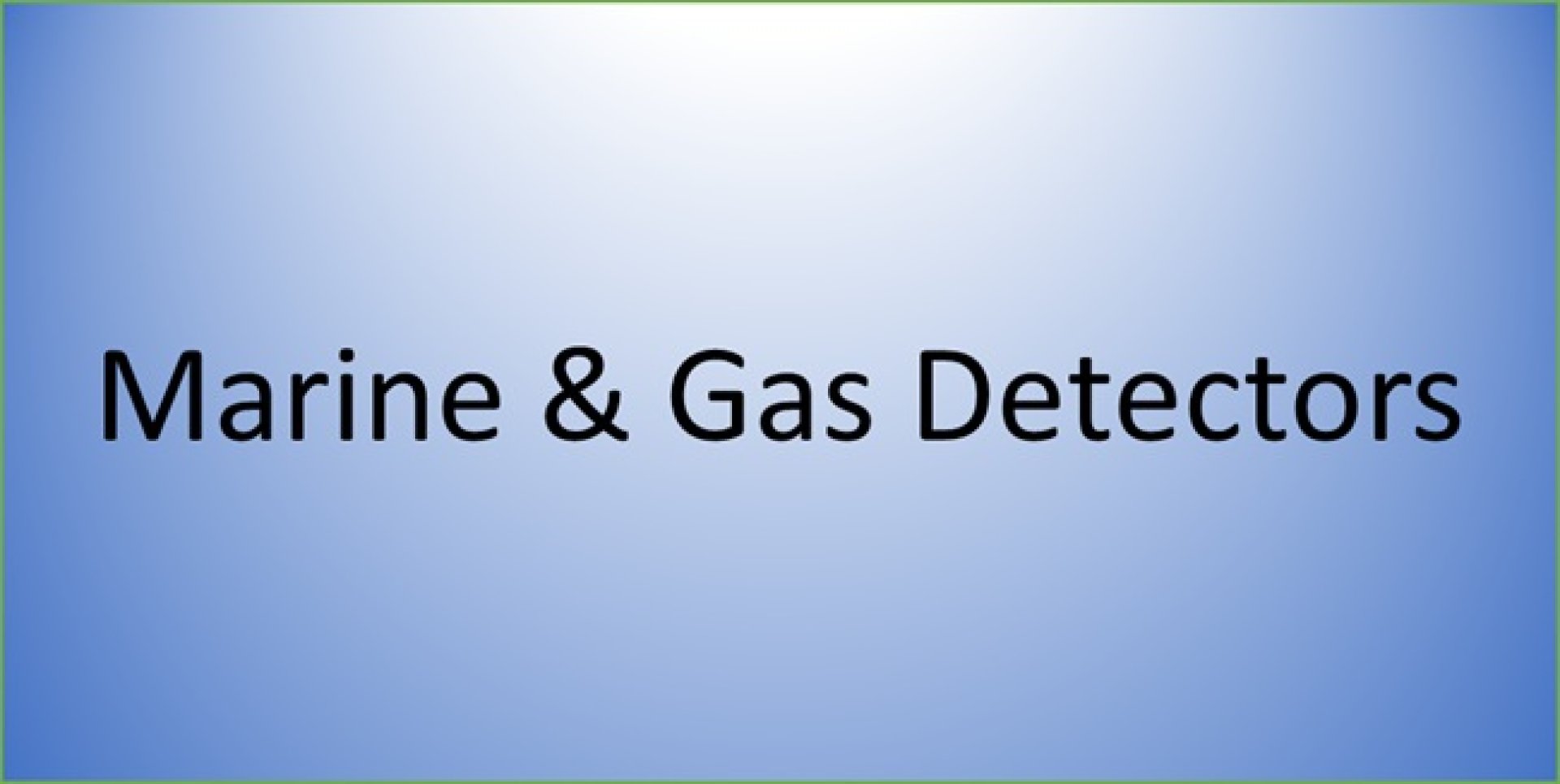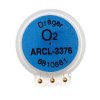Gas Detection Equipment: Its Importance in the Marine Industry

The marine industry plays a crucial role in the global economy, encompassing international cargo transport, fishing, and the exploration of underwater resources. However, safety remains a significant challenge in this sector, particularly the risks posed by hazardous gases during operations.
Gas detection equipment is vital in enhancing safety, reducing health risks, and protecting marine environments, ensuring smoother and safer operations across various aspects of the industry.
The Importance of Gas Detection Equipment in the Marine Industry
1. Preventing Accidents from Gas Leaks
On ships or offshore drilling platforms, leaks of flammable gases like methane or hydrogen sulfide can lead to severe accidents, such as explosions or fatalities due to inhalation of toxic substances.
2. Monitoring Air Quality in Confined Spaces
Ships and platforms often have confined areas, such as engine rooms, storage spaces, or fuel tanks, where harmful gases can accumulate. Gas detection equipment can identify oxygen deficiencies or the presence of hazardous gases in these spaces.
3. Compliance with Legal and Safety Standards
Many countries and international organizations, such as the IMO (International Maritime Organization), enforce strict regulations on gas detection in the marine industry. Proper equipment helps businesses comply with these standards.
Types of Gas Detection Equipment
1. Portable Gas Detectors
These are easy to use and suitable for monitoring gas levels in frequently changing areas, such as confined spaces before entry.
2. Fixed Gas Detectors
Ideal for continuous monitoring in high-risk areas, such as engine rooms or fuel storage tanks.
3. Specialized Gas Detectors
These include detectors for flammable gases, toxic gases, or oxygen level analyzers, designed for specific operational needs.
Benefits of Gas Detection Equipment
1. Enhanced Workplace Safety
Reduces risks of accidents and injuries by providing real-time gas monitoring.
2. Time and Cost Efficiency
Effective gas detection minimizes potential expenses related to accident mitigation or equipment failure.
3. Environmental Protection
Detecting gas leaks helps prevent the release of toxic substances into the environment, protecting marine ecosystems.
Choosing the Right Gas Detection Equipment
1. Identify the Gases to Be Monitored
Ensure the equipment can detect the specific gases present in the working environment.
2. Select Equipment with Safety Standards
Look for certifications like ATEX or IECEx to ensure quality and reliability.
3. Consider Suitability for the Work Environment
Choose equipment that can withstand moisture, corrosion, and other harsh marine conditions.
Gas detection equipment is an indispensable tool in the marine industry, enhancing workplace safety, mitigating risks, and protecting the environment. Investing in high-quality and suitable gas detection devices is a long-term commitment to the safety and efficiency of operations in this vital industry.





